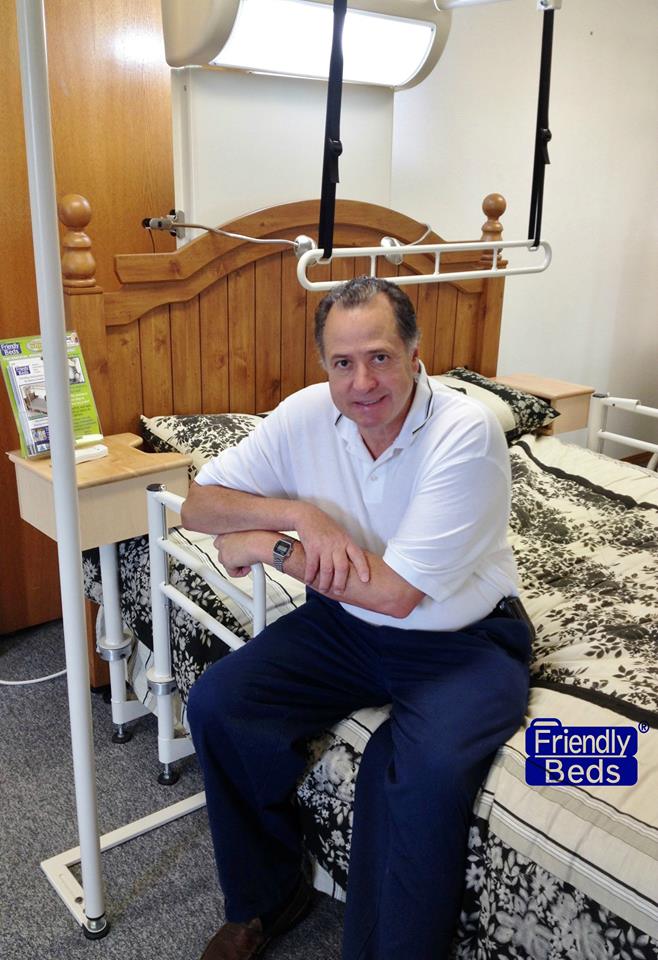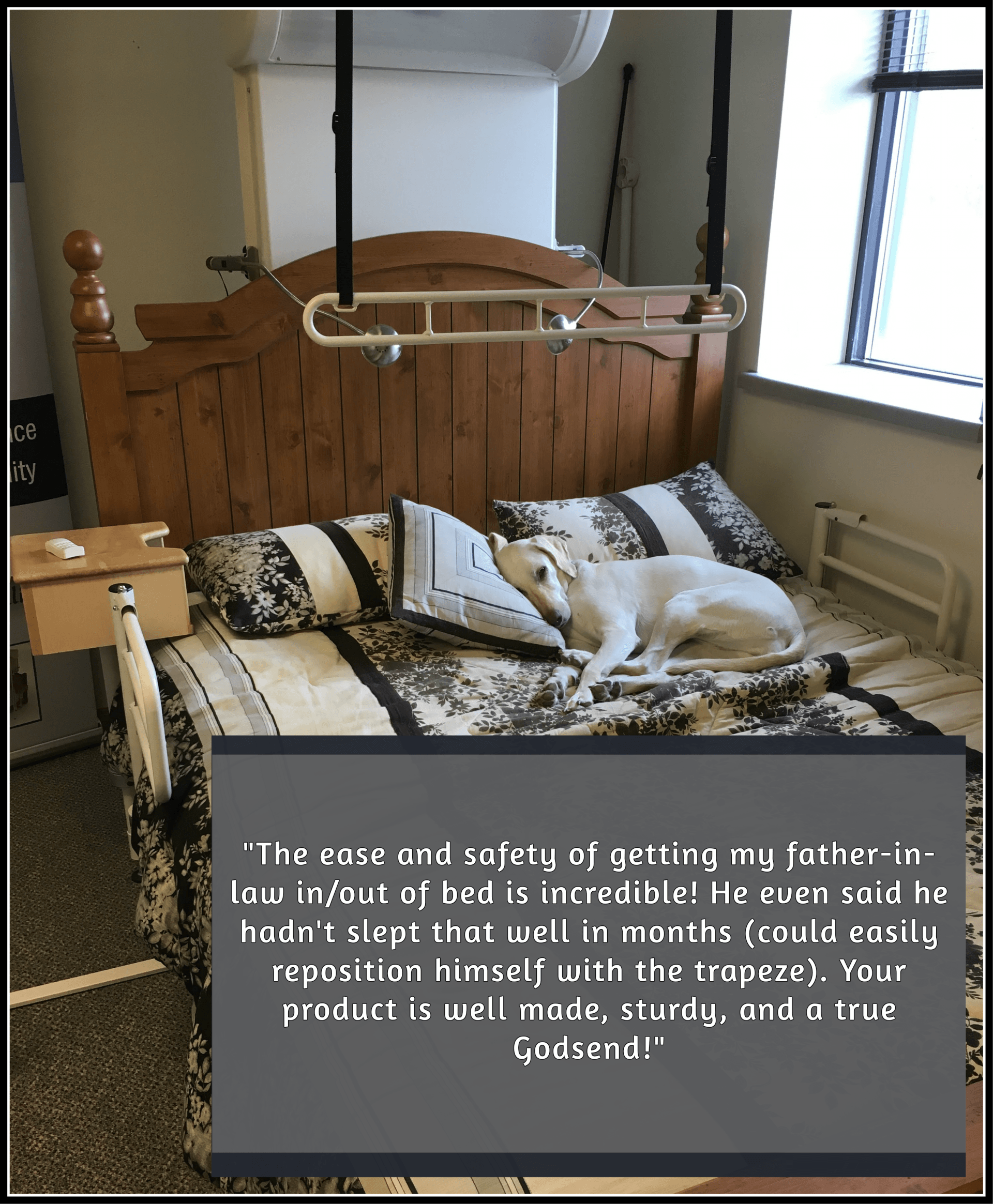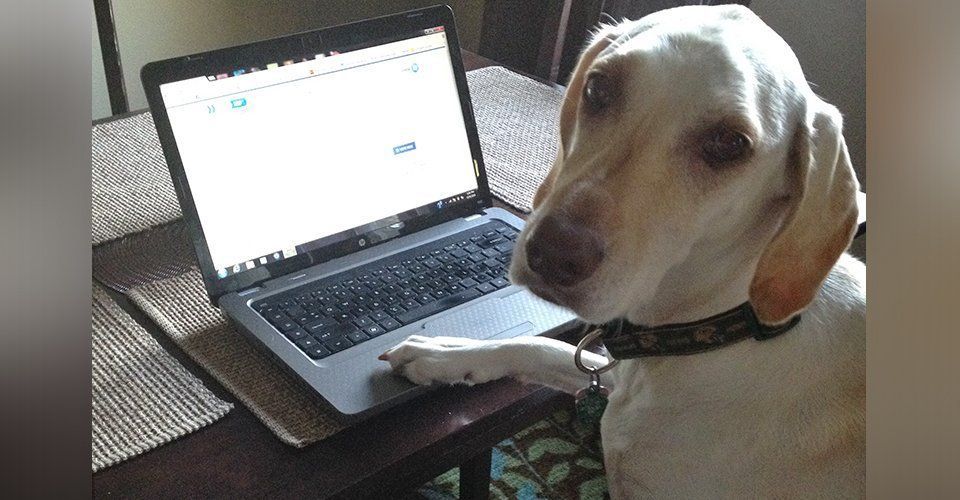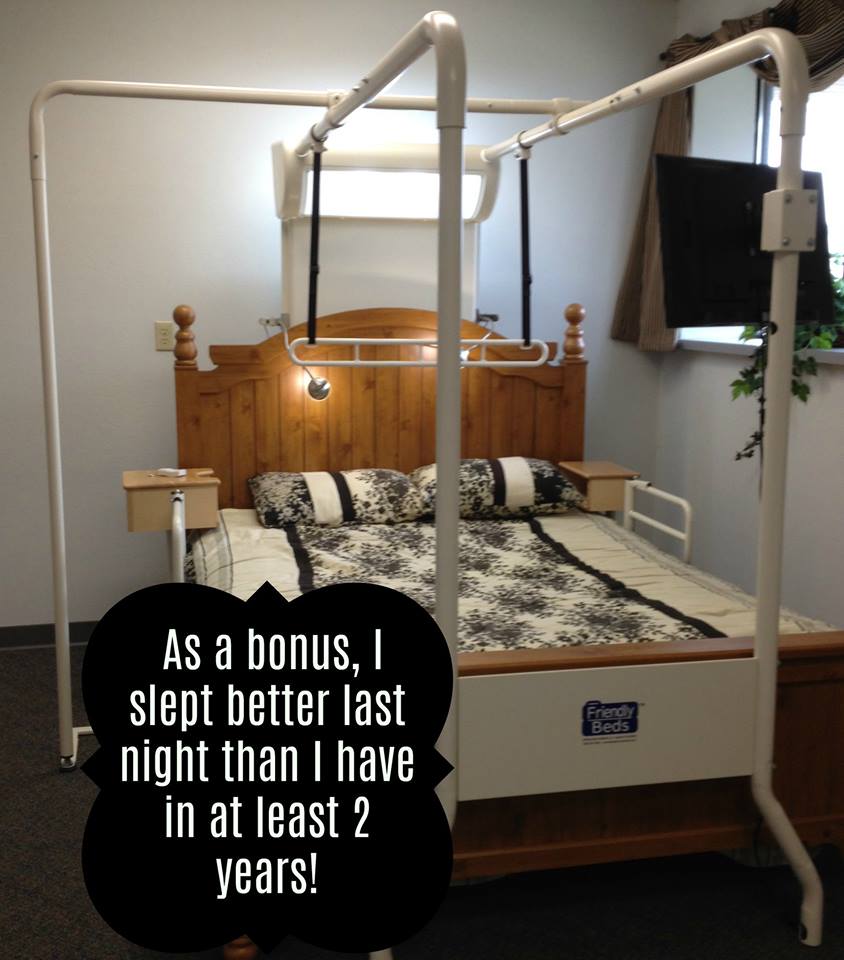Home Safety with Parkinsons
Activities of Daily Living
Home Safety
Parkinson’s disease (PD) can affect mobility. For example, PD-related tripping or “freezing” episodes can lead to sudden loss of balance and falls. Creating a safer home environment can lower the risk of PD-related falls and injury.
See the following tips and consider asking your doctor for a Home Safety Evaluation — an in-home occupational therapist safety assessment — to make your home safer.
Home Safety Tour Checklist
Clear clutter and follow a Home Safety Considerations checklist to ease movement in the home and ensure that your home is safe and easily accessible.
Throughout the House
- Floors should be stable with non-skid surfaces. Avoid excessive patterns.
- All furniture is secure, sturdy and does not swivel.
- Chairs are stable, have arm rests and adequate seat height to make standing up easier.
- Good lighting throughout the home minimizes dark or shadowy areas. Adjust blinds and shades to minimize glare.
- Wide walking paths allow easy access and the use of a walker or wheelchair, if needed.
- Electrical, phone or computer cords should be out of the way so as to not become a tripping or fall risk while walking and moving.
- Stairs are in good shape, have railings and can be blocked for safety if needed.
- Dining area is easily accessible.
- Smoke alarms are installed in all rooms (especially bedroom and kitchen), with fully charged batteries.
TO DO
- Remove throw rugs or scatter rugs.
- Remove clutter to decrease risk of tripping and falls.
Bedroom
- Create a quiet, relaxing environment.
- Raise bed height to allow feet to touch floor when seated at bedside.
- Use a half side rail or bed pole to help with rolling and getting up.
- Make lighting easily accessible, to avoid walking around the room in the dark.
- Place lamps where they can be easily turned on and off.
- Use a bright nightlight to fully light the way to the bathroom.
- Place a flashlight by your bed in case of a power outage.
- Make a bedside commode or urinal available for nighttime use if needed.
- Place clothing rods at an easy-to-reach height, ensure the closet is well-lit and clothes are in dressers that allow access without stooping or bending.
- Use smooth carpets and rugs to create a safe walking surface and minimize falls.
- Place a telephone and clock on the nightstand for easy nighttime access.
TO DO
- Place slippery fabric or a draw sheet on the middle third of the bed to make rolling easier.
- Remove the top sheet. Instead, use a lightweight comforter.
- Avoid flannel sheets and nightwear.
Bathroom
Most falls take place in the bathroom because of difficulty getting on and off the toilet and in and out of the tub; difficulty seeing due to poor lighting; slipping on wet surfaces; tripping on throw rugs; or getting dizzy while standing from the toilet to the sink. Make sure the following safety measures are in place, and check the Bathing & Grooming page for more details.
- Install grab bars near the toilet, tub and shower: no location should require use of towel racks, faucets or soap dishes as grab bars.
- Ensure the toilet has an elevated seat and arm rests or grab bar within easy reach.
- Add a sturdy bench with back support to the tub or shower for safety.
- Make seating available to perform tasks such as brushing teeth or shaving.
- Place light switches near the door to avoid walking into a dark area.
- Keep floors unwaxed and debris free.
Kitchen
Cooking is often a multi-step process. People living with Parkinson’s may have difficulty safely managing kitchen tasks. Balance changes can make opening refrigerator and oven doors harder and falls can occur when trying to reach high shelves or carry objects from counter to table. Try these tips to use your kitchen in a safe, manageable way.
- Install cabinet handles rather than knobs to make it easier to open and close cupboard doors.
- Store commonly used items in easily accessible drawers to avoid the need to reach or bend over to find them.
- Place items used for cooking, such as spices, pots and pans, near the stove to avoid reaching over the stove, which may cause burns.
- Use a single handle sink faucet, which is easier to control and turn on and off.
TO DO
- Grab items on high shelves with a long-handled reacher.
Stairway
- Ensure that there is adequate lighting on steps.
- Steps should be non-skid surfaces.
- Install handrails on at least one side of the steps. Handrails two to three inches from the wall permit good grasp.
- If you cannot use a walker, cane or mobility aid on the steps, make sure you have two: keep one at the bottom of the stairs and one at the top of the stairs.
- Install a ramp over the steps when possible if you cannot safely climb steps.
TO DO
- Keep steps clutter free.
- Put brightly colored tape on the top and bottom steps to signal the beginning and end of the steps.
General Safety
Use of power tools
Tremor combined with balance and coordination changes can impact safe use of power tools, even if you have used them for a long time. Slowed reaction time can also lead to safety concerns. Consider all these factors when deciding if using power tools is safe for you.
Climbing
PD-related reductions in balance skills and protective reflexes increase fall risk. Avoid climbing, whether on ladders, step stools or chairs.







